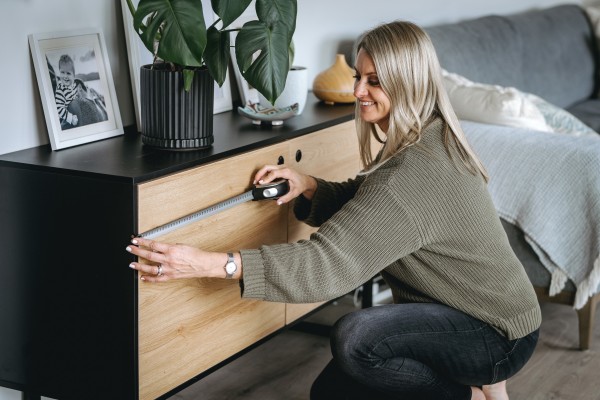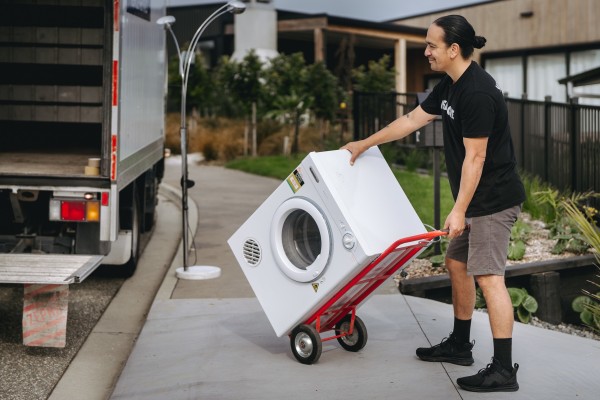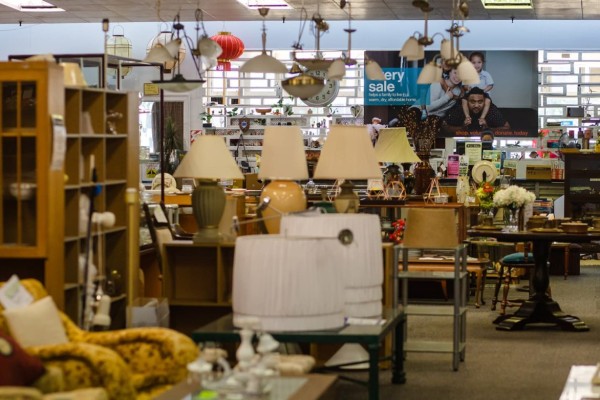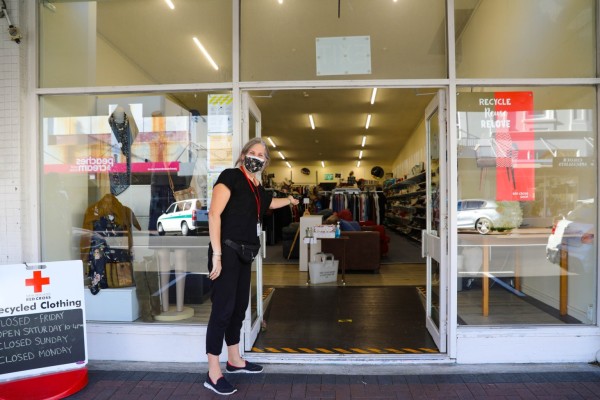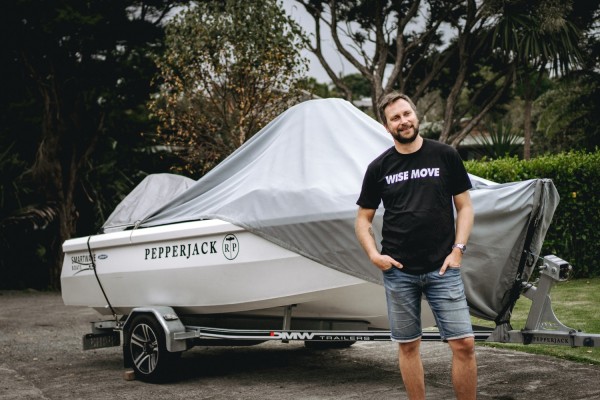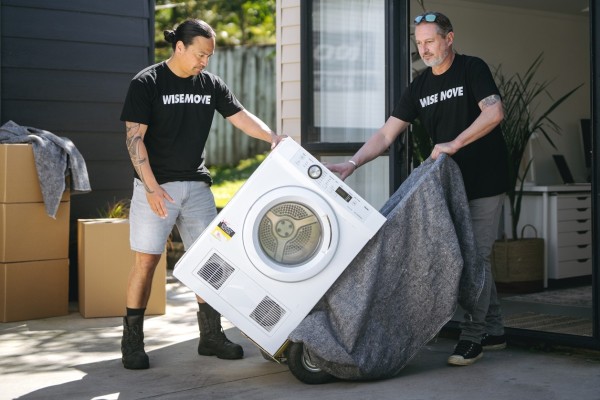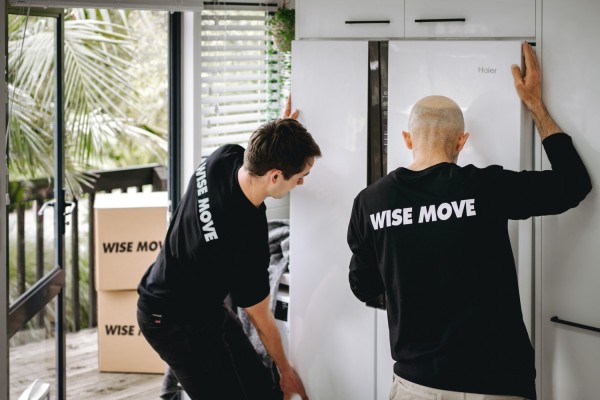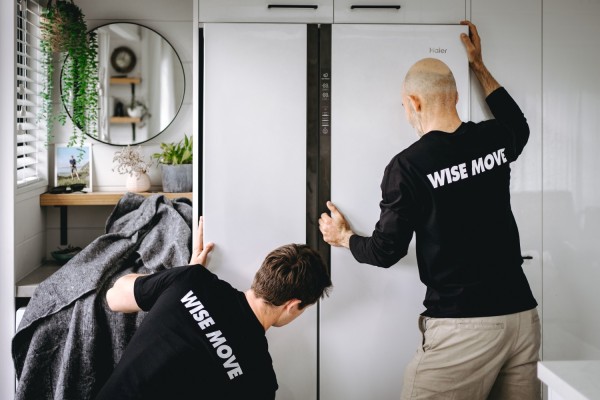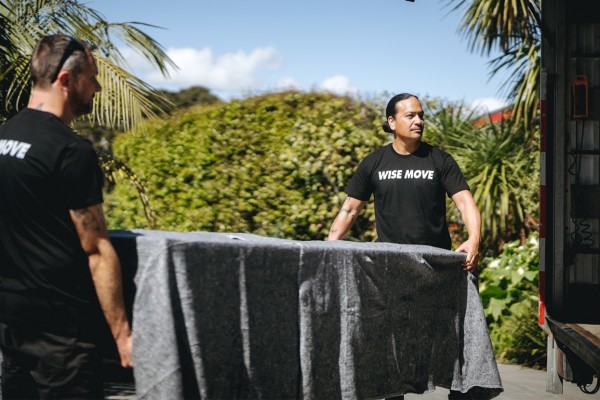Should you buy second-hand appliances?
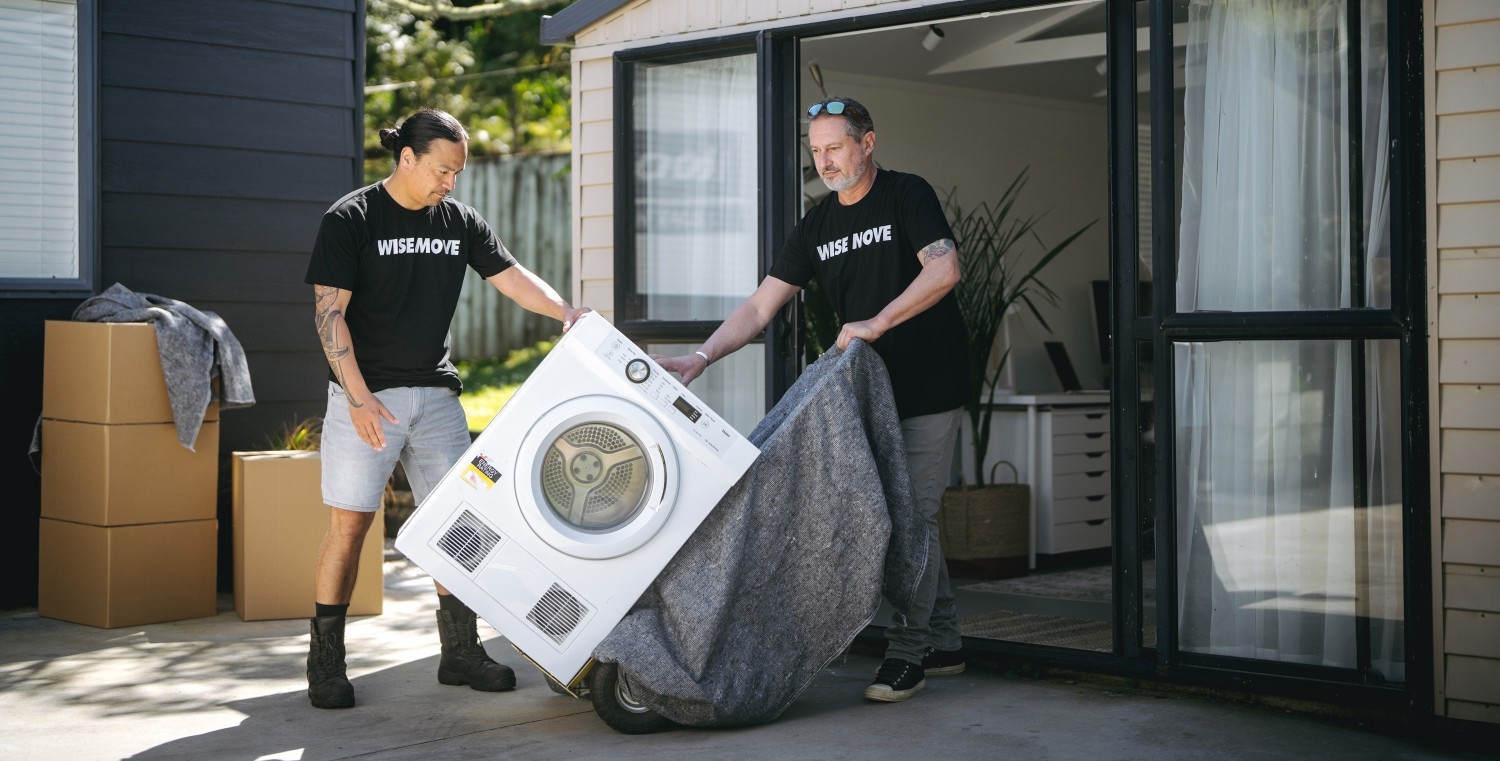
When purchasing household appliances, buying new may seem like the best option. After all, who doesn't love the shiny, untouched look of a brand-new appliance?
However, new appliances are expensive, and with the rising cost of living, many people are looking for more sustainable and affordable options.
While buying used items is always cheaper, is it worth buying second-hand appliances? We explore the pros and cons of shopping for second-hand appliances and provide tips for making a smart purchase.
How much waste is created by throwing away good appliances each year?
According to a New Zealand Product Stewardship Council report, approximately 98,000 tonnes of electronic waste, including appliances, are generated in New Zealand each year. Out of this, only about 2% is recycled, while the rest ends up in landfills or is illegally exported to other countries.
E-waste is growing as much as three times faster than any other waste stream in the country. What’s worse, many appliances that are discarded into landfill still have usable parts. Most appliances could be repaired instead of thrown away and replaced with a new model.
What’s wrong with sending appliances to landfill?
This trend not only results in the waste of valuable resources and energy but also negatively impacts the environment, including releasing harmful chemicals and greenhouse gases into the atmosphere during disposal. Moreover, producing new appliances requires additional resources and energy, exacerbating the environmental impact.
By buying second-hand appliances instead of throwing away good ones, we can help reduce the amount of waste generated in New Zealand each year and promote a more sustainable approach to consumption. By extending the lifespan of existing appliances, we can conserve resources and reduce the need to produce new ones, leading to a more circular economy.
How long do most appliances last?
One of the biggest concerns when buying second-hand appliances is their lifespan. How long can you expect them to last before they break down and must be replaced? And what is the point of buying second-hand if appliances are at risk of breaking after a few years?
The answer depends on the type of appliance and how well it has been maintained. However, on average, most appliances last between 10 and 13 years. If you're buying a second-hand appliance less than ten years old, you can expect some life left in it.
The lifespan of household appliances can vary widely depending on many factors, such as the quality of the appliance, how often it's used, and how well it's maintained. Here are some general guidelines from Consumer on how long you can expect common household appliances to last:
Refrigerators: On average, refrigerators can last 10-11 years. Fridge freezers with French doors tend to have more problems than single-door fridge freezers.
Washing machines: Front-loading washing machines last around 10 years, while top-loading machines can last a little longer.
Dishwashers: Dishwashers typically last around 9-10 years.
Dryers: On average, dryers last around 10-11 years.
Ranges: Electric ranges can last around 13 years, while gas ranges can last up to 15 years.
Microwaves: The lifespan of a microwave can vary widely, but on average, they last around 9 years.
These are just general guidelines. The lifespan of any appliance can vary depending on how it is used and how often it is cleaned.
The pros and cons of buying appliances second-hand
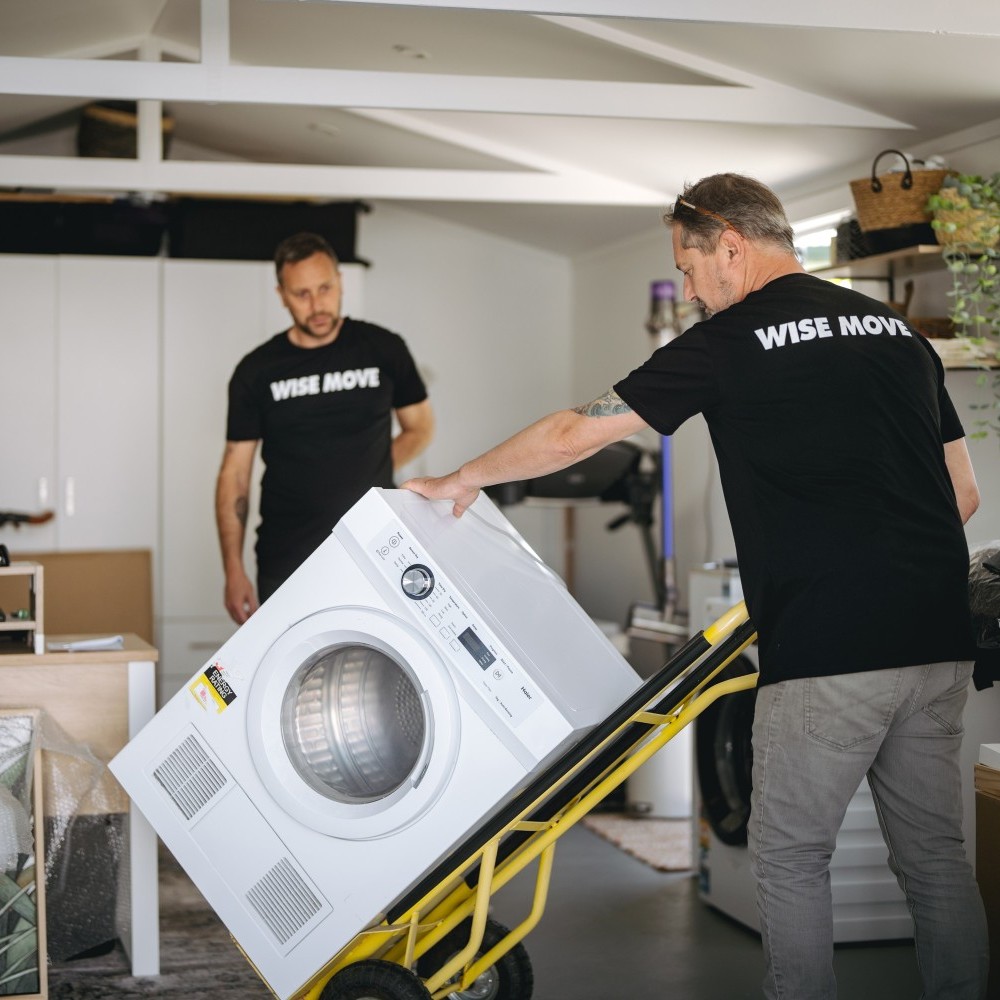
Shopping for second-hand appliances has several advantages over buying brand new. The most obvious benefit is the cost savings. Second-hand appliances are typically much cheaper than their brand-new counterparts, making them an attractive option for those on a tight budget.
Buying second-hand is more sustainable because it keeps appliances out of landfills and reduces the demand for new products, which require energy and natural resources.
There are also some downsides to buying second-hand. One of the biggest risks is the unknown history of the appliance. You may not know how well it has been maintained, whether it has been repaired in the past, or if it has any hidden issues that may cause it to break down sooner rather than later.
Second-hand appliances may not have a warranty or guarantee, leaving you with no recourse if something goes wrong.
What to expect when shopping for second-hand appliances
When shopping for second-hand appliances, you should expect the buying process to take longer than for new stock. It's important to take your time when shopping and thoroughly inspect any appliance before purchasing. At the same time, you should move quickly once you’ve found an appliance you want.
Do as much research as you can about the brands, price range, condition and problems that certain appliances encounter. Once you’ve found a second-hand model, read reviews of new models online. Reading reviews will give you an idea of what type of problems different appliances and brands run into after a few years.
If online reviews for new models are positive, and the appliance looks in good condition, make an offer. If the reviews of new models are negative, avoid buying that model second-hand. You’ll likely encounter the same problems.
If you see too many of the same appliance models for sale second-hand, this could also be a red flag. People are most likely selling these appliances because they keep breaking down.
What questions to ask when shopping second hand
To ensure that you're making a smart purchase, there are several questions you should ask when shopping for second-hand appliances. Depending on where you're buying the appliance, you should take the answers with a grain of salt. Not all sellers will be honest about selling their second-hand stuff. Even so, if the seller can’t give a clear answer or can’t produce receipts, consider moving on.
Questions to ask include:
-
How old is the appliance?
-
Has it been repaired in the past? If so, what was repaired and by whom?
-
Are there any known issues with the appliance?
-
Has it been cleaned and maintained regularly?
-
Does it come with a warranty or guarantee?
How to avoid buying a faulty appliance
While there is always some risk involved when buying second-hand appliances, there are several steps you can take to minimise that risk.
Inspect the appliance before making a purchase
Look for any signs of wear and tear, such as scratches, dents, or rust. Check to see if all the parts are in good working order and that there are no loose or broken pieces. Turn the appliance on and off to ensure that it works properly and that there are no strange noises or odours.
Do your research on the brand and model
Look up reviews and ratings online to see if there are any common issues or complaints. This can give you an idea of what to expect and help you avoid buying an appliance with a history of breaking down.
Ask the seller for any documentation or receipts
Ask for anything that shows the appliance has been regularly maintained or repaired. This can show you how well the appliance has been handled and whether any existing issues need to be addressed.
Consider buying from a reputable seller
Look for second-hand appliance stores or online retailers with a good reputation and positive reviews from previous customers. These sellers are more likely to stand behind the appliances they sell and may offer warranties or guarantees to give you peace of mind.
Buying an appliance second-hand? Get your goods delivered safely with Wise Move. Hire professional movers anywhere in the country. Book your appliance move now.
What do our customers say?


For every (wise)move









